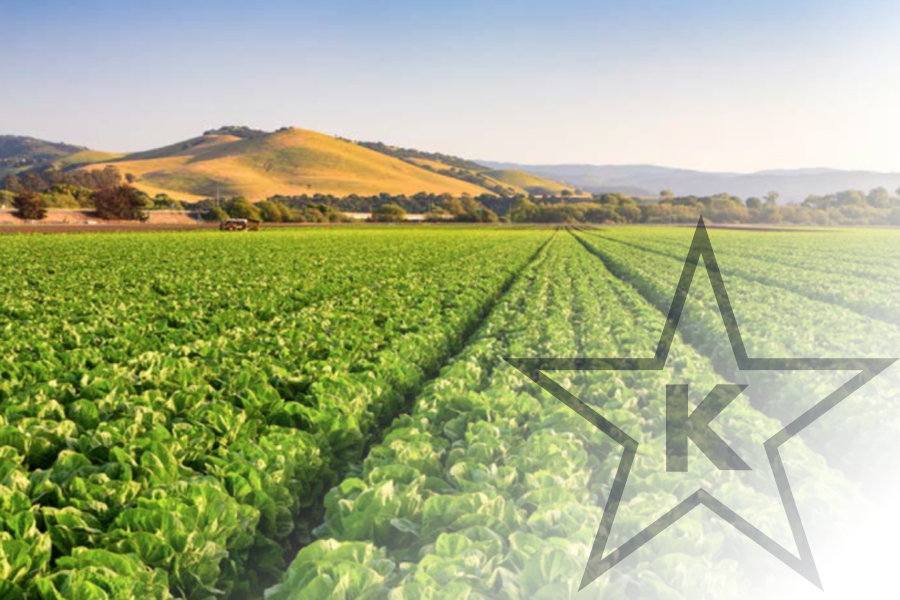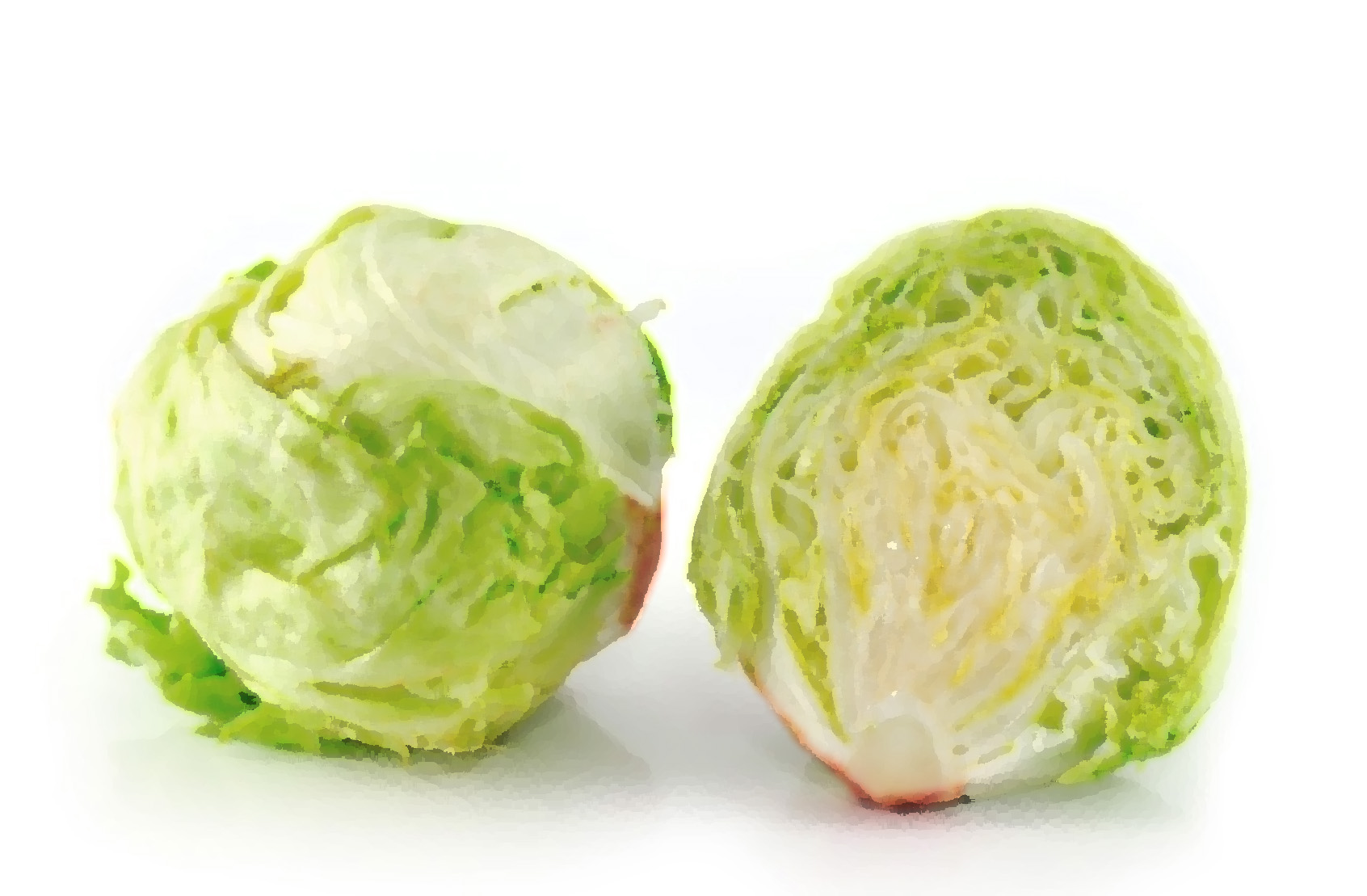Winter 2025
[Sidebar to “Destination Simcha: From Meat Board to Surfboard.”]
For many people, juggling and coordinating all the details involved in planning a simcha – from booking the hall, arranging the décor, designing the invitations, planning the menu, ordering the food, to running random errands – is simply … overwhelming. Enter the party planner. This increasingly popular option has been gaining traction over the last few years, but not without its perils.
Party planners offer concierge services to help alleviate much of the stress involved in planning a simcha. They are typically more affordable than a full-service caterer who is under a hashgacha. Party planners work within your budget to offer any number of services at different tiers: they may handle the décor and design but may leave it to you to bring in your own food, or they can coordinate everything from “soup to nuts.” This is when the problems […]





 STAR-D
STAR-D STAR-S
STAR-S